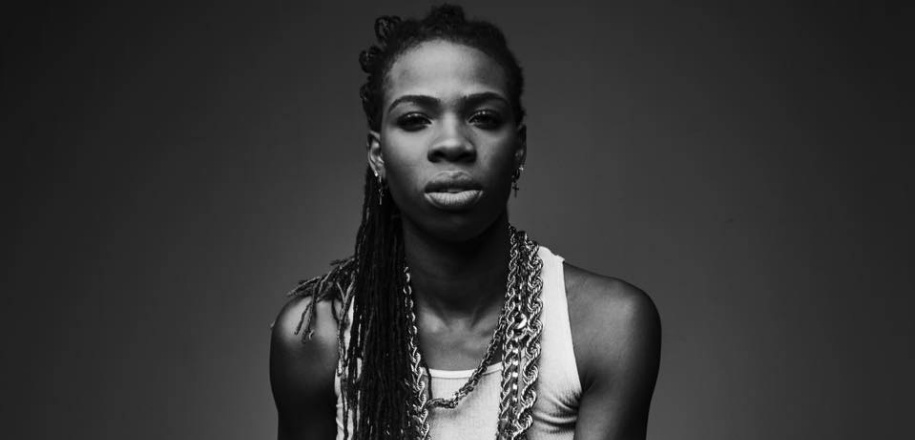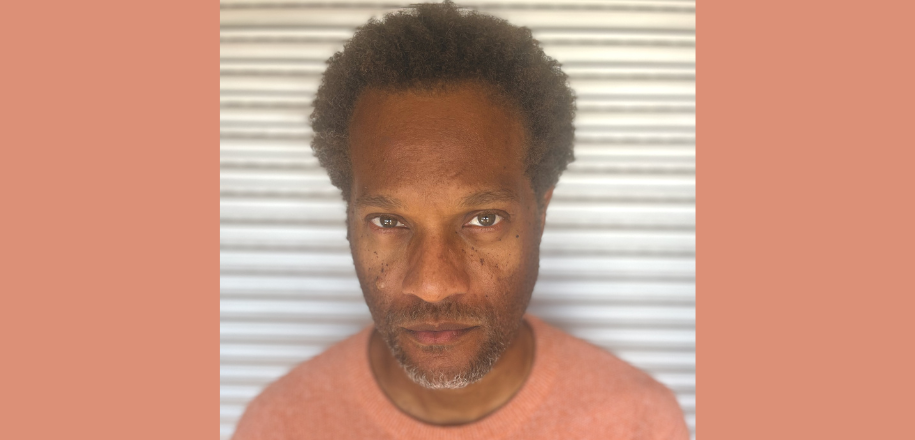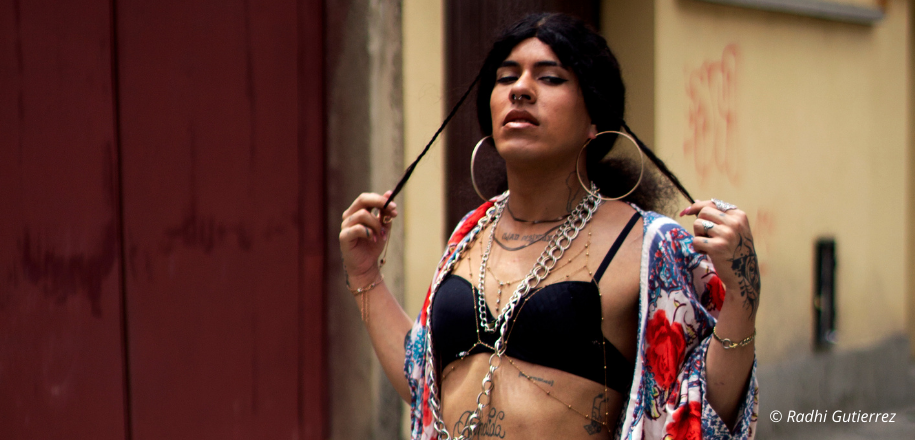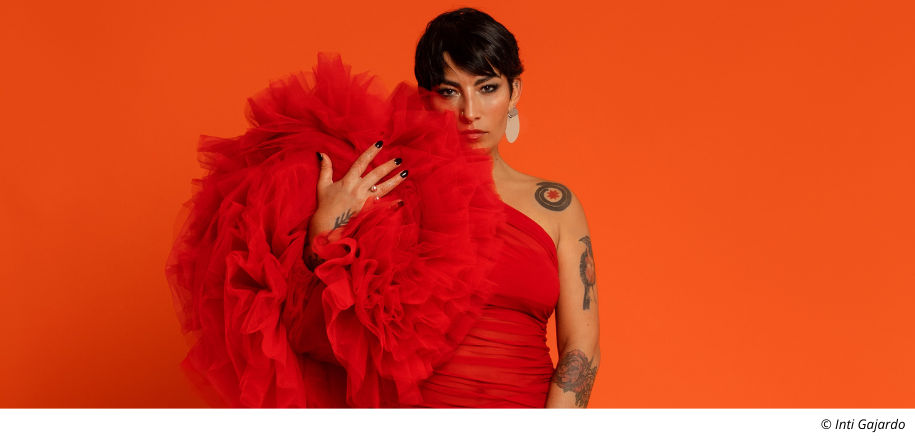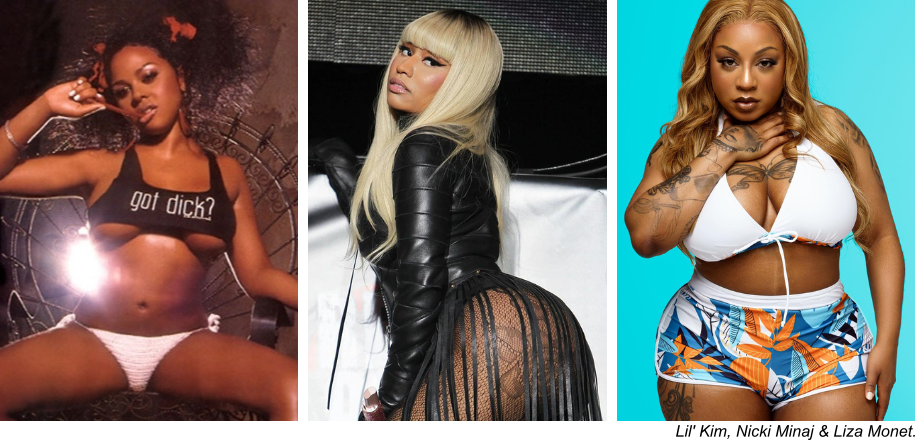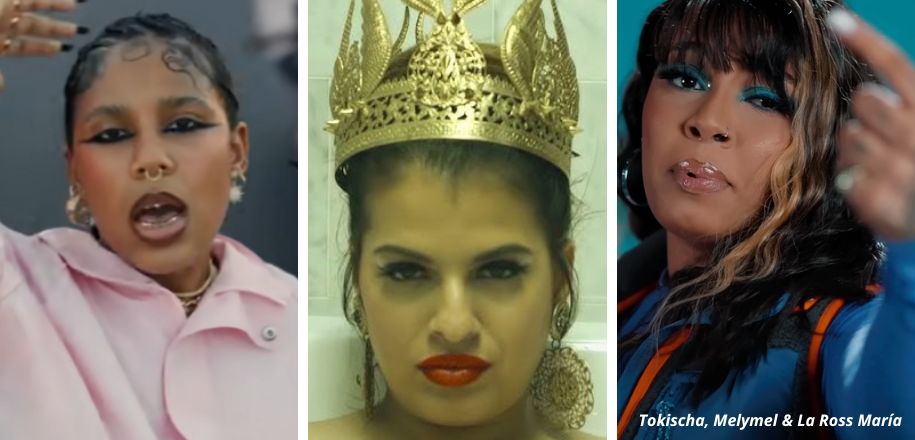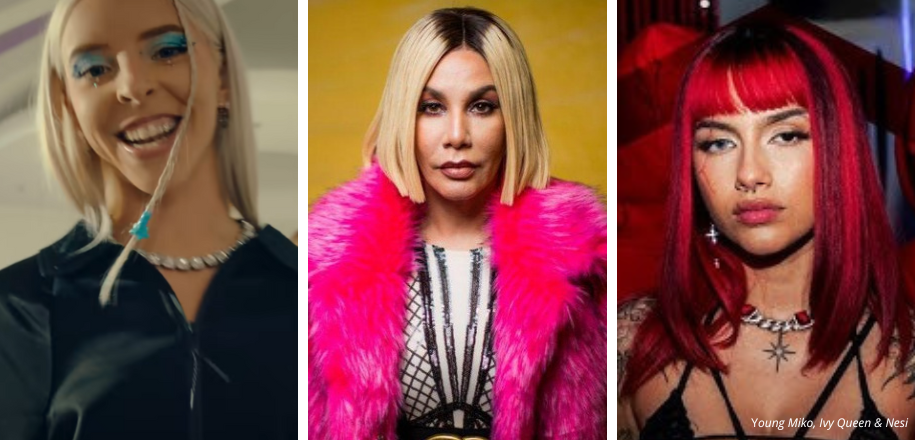Toronto-based rapper Haviah Mighy told us about her solo career, her experience with female rap trio The Sorority and how it is like to be a female producer today.
How did you discover hip hop and how did you start rapping?
In my early teens through radio, TV and high school. I think I just recognized something really beautiful about the nature of telling stories, in the way that people that participated in the hip hop culture would tell their stories. I felt a familiarity with the music I was exposing myself to. When I was 13, I sort of tried to tell my own stories, over instrumentals. And I think that’s what picked my interest to start. Then, I started doing and recording my own raps.
Which artists did you listen to while growing up?
In my early years, I listened more to singing and pop, like Lauryn Hill, Celine Dion, Britney Spears, Christina Aguilera and boy bands like B2K. Later, when I started getting into hip hop, there was an era of Ludacris and the whole Disturbing Tha Peace movement.
“It’s harder for women to be accepted and recognized as a producer.”
Did you receive any musical training ?
Yes, I took singing lessons for seven years. My sister is a trained piano player so I was surrounded by that kind of training.
How is it like to be a female producer?
I got into production when I was 14 or 15. It’s harder for women to be accepted and recognized as a producer. We generally expect producers to be men. You might be expected to not be as good as you actually are because of your gender so it is much more difficult for a woman to stand out as a producer. But there are a lot of female producers who are starting to get attention now and are recognized.
Do you think the audience is ready to accept female producers?
In a general sense, the audience likes to know the make-up of a song. When you listen to a song, you don’t know who produced it so I think people would be surprised to know that a women produced a song they actually enjoy. A lot of times, it is also up to the engineer or the artist who can close or open that door and to other people in the industry to give you the opportunity to do what you do best.
What did you learn from your experience with The Sorority?
I learned a lot about togetherness, community and working within other circles for the greater good, while in The Sorority. I learned a lot about touring and road life, learned how to write in different capacities and challenged myself on different stages with different crowds while learning how to interact with several other MCs on stage. It’s been an incredible journey!
“I am a female who supports the equal rights of women and speaks candidly about that in and out of my music.”
You released last May the solo album 13th Floor that has many empowering tracks. Would you say it is a feminist album?
I don’t know if I’d call it a feminist album. I think other people would have to determine its categorization. I will say that I am a female who supports the equal rights of women and speaks candidly about that in and out of my music. So, for that reason, I’d imagine its existence is tied to feminism.
Your sister and brother also worked on the album. What do you like about working with your family?
Firstly, they’re extremely talented people and have a very high standard for their own work, much like myself! It makes it easy to trust whatever they’re going to do because my family has pushed me to hold myself to the standard that I do. We’re not necessarily perfectionists, but we are definitely always strive for the absolute best results. My family also understands my interests and supports me unconditionally. So, I am the same way with them.
If someone doesn’t know your music and wants to discover it, which track would you advise them to listen to first and why?
I’d say Blame. It shows my rap skill, my ability to write within a concept and deliver it quickly, efficiently and properly pronounced. You get energy, you get fun – and near the end of the record, you get a production switch which shows my uniqueness, my ability to produce and my ability to sing. Blame shows a large range of what I can do.
What advice would you give a teenage girl who wants to become a rapper?
Go for it! Society won’t be your best friend in the beginning, or your biggest supporter, but it will start in your heart – that yearning to own the mic, that commitment you’re willing to make – and then you can start carving out your audience. Put yourself in spaces you’d like to own. Venues. Interviews. Get uncomfortable for a moment. Make it known that this is what you do, don’t take no for an answer and take up whatever space you have to. Your genuine supporters – the ones that resonate with your message, energy, vibe and songs – they will come. And don’t search too hard for your crowd. Don’t try to make it something it’s not. Just do what you do and make it available. Market it. And you’ll find your audience.
What are your upcoming projects? Any European tour?
Working on new music. Working on dropping more singles from 13th Floor. Working on playing in Europe again, hopefully some more shows in the States and anywhere else. I’m ready.
What can we wish you for 2020?
I wish only for continued progression. I aim to keep up the momentum. I want nothing more than to continue to grow as a musician, as an artist, and as a human.
Find Haviah Mighty on her website, Facebook, Instagram, Twitter and YouTube.
© Matt Barnes

